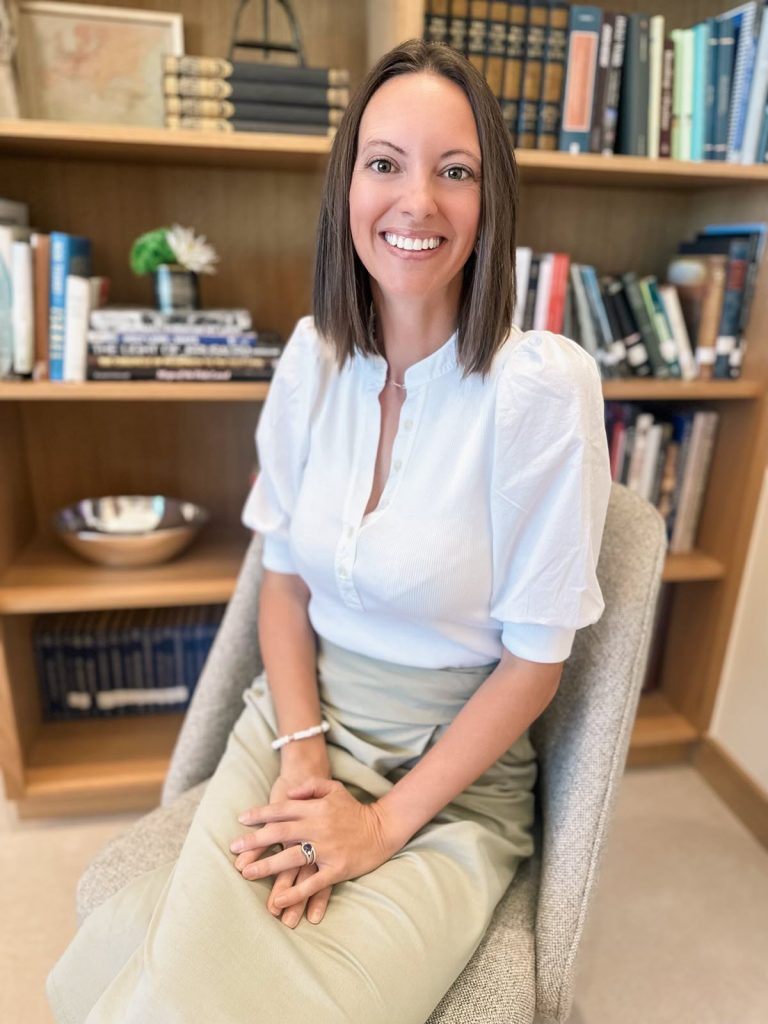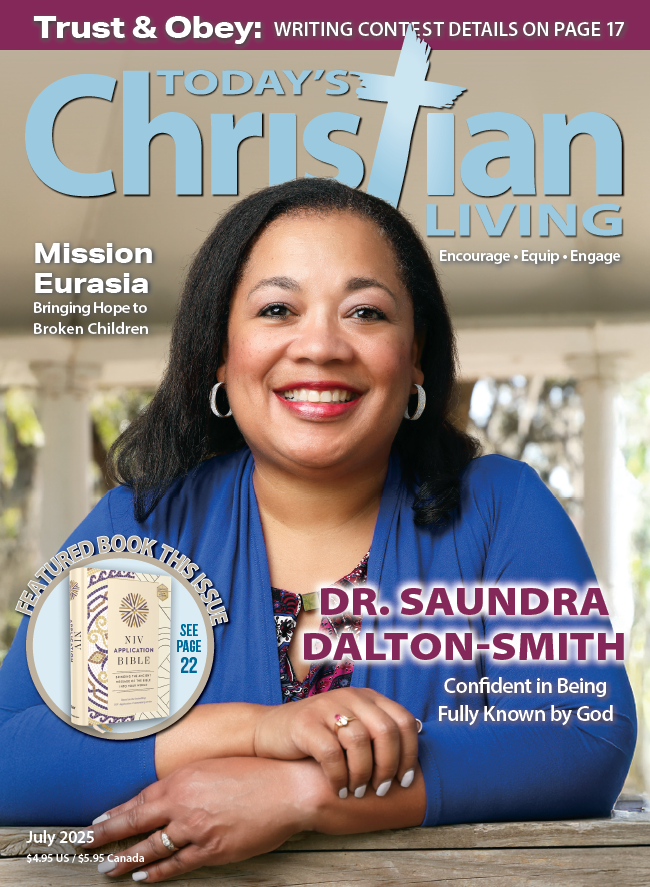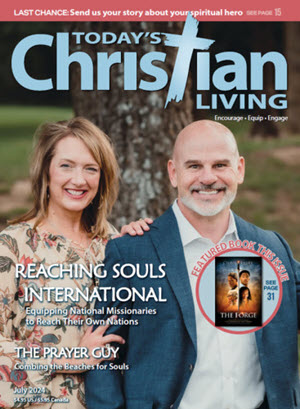By Avery Pullin
When the OBGYN’s nurse called, I was sitting in my weekly Thursday morning Bible study. I stepped out for what I expected to be confirmation we were having a boy. What I got instead threw our lives into orbit.
A month prior to this pivotal call, we were trying to grasp the fact we were pregnant with baby number two, with a 7-month-old at home. When we had gone in for our initial ultrasound, however, the OBGYN noticed fluid buildup in the fetus’s abdomen. We waited for several weeks for a second ultrasound as the fetus grew, and it was discovered the retention was specifically in the bladder. We were immediately sent to a maternal-fetal specialist.
At the inaugural appointment with the fetal specialist, he congratulated us on having a boy. “Oh, we don’t find out the gender ahead of time. We didn’t know,” I responded. He was shocked and explained our unborn child had Lower Urinary Tract Obstruction, LUTO for short. This is a rare condition in which the urinary tract obstructs in some way, enlarging the bladder and affecting the kidneys. When LUTO is detected, over 99% of the time it is in a male fetus.
Before he sent us home for the day, to wait for the confirmation of gender results, he explained the process we would go through. First, we would have to ensure kidney function remained. If so, we would go to Houston for a variety of tests and procedures. “But,” I asked, “what if it’s a girl?”
“A girl is unlikely.”
“But what if?” I pressed.
“Then it is fatal.”
The next morning the nurse called, unaware of the details we had learned. She was surprised we had changed our minds and wanted to know the gender. When I assured her we wanted to know, she quipped, “Congratulations! You’re having a girl!”
I murmured thank you and quickly hung up. As my head spun, I ran to the nursery to grab our baby and headed home. I tried frantically to call my husband, who was tied up in meetings. Eventually he was able to call me back. “Girl. It’s a girl,” is all I got out before he rushed out of his office.
The next day we went back to the specialist for a final ultrasound confirmation of the gender. The mood was somber as the ultrasound technician began his scan. “Lord, please let those blood tests be wrong,” I pleaded in my head as I had for an entire 24 hours.
The technician searched for any indication of a boy. Finally, he too was forced to admit what everyone was praying against. He slowly typed on the screen. As I watched G-I-R-L appear, I quit breathing.
We then walked to the genetic counselor who gave us resources for grieving parents. In the moment, I was too stunned to truly process this. How could God let this happen? Did He not hear my cries all night?
The induction was set for a month later when the fetus was 19 weeks. We named her Ann Louise after her grandmother and great-grandmother. We scheduled the Now I Lay Me Down to Sleep Foundation to take her pictures. We purchased her urn from the funeral home and prepared a place in our backyard to lay her ashes to rest. We met with our priest, who sat at our dining room table to prepare her funeral which would take place at the chapel on the campus of our local community college. It was to be a beautiful service, and it was not lost on me it would be the only thing I would ever plan for my daughter. I poured all my emotion and love into planning it.
One night as I watched the Miss America pageant, I felt her kick and could not bear the thought that she would never be able to watch pageants with me, go on a girls’ shopping trip, do the things moms and daughters ought to do. “God, please, I’d rather plan her birthday parties.”
I had prayed for God to take it away many times. I had wanted it to be just a freak ultrasound that showed excess fluid or a mistake on the gender results. I would understand if it was an accidental diagnosis. Though I waited and prayed and begged, God was silent.
For a variety of reasons, our OBGYN suggested she be delivered by his colleague in the town over. We visited him a week beforehand. Maybe it was a nudge or even denial, but before we left I looked at him and said, “We may or may not see you next week. Maybe it will be a miracle.” He stared back at us with sadness. No words were going to heal our pain.
A few days before delivery, we went for one last ultrasound to see her alive. As the ultrasound technician scanned, a hope began to form in my heart. Or was it more denial? It appeared to me her bladder had shrunk. Yet for fear of sounding desperate, I sat quietly. Then the technician whispered, “Is it just me or did her bladder shrink?”
He began frantically measuring, and on the same screen he had written G-I-R-L a month before I could see his measurements were confirming what we had prayed for. He dashed out to get the doctor, though our specialist was not in the clinic that day. A veteran doctor came in. He said he reviewed our case and called the other specialist. They could only chalk it up to one thing: this was a miracle.
In 41 years he had never seen a girl with LUTO. And in 41 years he had never seen a miracle like this. For a bladder to miraculously shrink mere days before a 19-week induction, only God could have a hand with a reach like that.
In the months that followed, we spent many days traveling to Houston to see more maternal-fetal specialists. They too believed Ann Louise had a miraculous turn of events and was able to break the obstruction caused by LUTO. Before the specialist walked out of our conference to go lecture at the adjoining medical school, he scratched his head and said, “Honest to God, I have no idea what happened here.” But we knew.
A month before delivery we moved to Houston for the remainder of the pregnancy. At 38 weeks, we delivered our little miracle girl, Ann Louise Scout Pullin.
The next morning we walked into the NICU and were introduced to a pediatric urologist who looked her over and nonchalantly said, “She has Prune Belly Syndrome.”
Our subsequent internet research gave us little hope. 1 in 40,000 births. 95% male. 50% die before the age of 2. One-third need a kidney transplant. God, you got us to this point. We can only trust You to deliver us from here too.
That summer we attended our first Prune Belly Syndrome conference in Dallas, Texas, where we met other families who have faced PBS. While we found each case was different and many extremely difficult, we walked away with profound hope. There is not a cure, but there is a network of people. Sometimes God doesn’t open the easiest path, but He does give us community to walk that path with.
At four years old she underwent a 10-hour full abdominal reconstruction followed by a week in the PICU and seven weeks living close to the hospital as she recovered. The same priest who sat at our dining room table to help us plan a funeral went through canceled flights and rainy highways to be there at her surgery and anoint her with oil.
Her surgeon was the son of my former boss, though we lived 700 miles from the hospital where he practiced. A picture of the Miss America crowned the very year I was grieved never watching such events with my daughter graced the bench outside our Ronald McDonald House. When Scout saw a picture of a real-life princess, she ran to it and demanded a photo. The connections God has weaved all these years have never been lost on us.
Today Scout is a happy, thriving 6-year-old equestrian, dancer, scholar, and friend. She impresses friends and strangers alike with her perseverance. She seldom allows herself to be held back, though she loves to show off the scar that stretches from her chest to below her waist.

Each Sunday when we step out of the pew, bow, and begin walking to the communion rail, almost on cue Scout begins to twirl. And that is perhaps the most beautiful mother-daughter moment I get to experience week-in and week-out: when my daughter dances to Jesus.

Avery Pullin has blogged for most of her adult life. She is now a freelance writer and a 6th grade Language Arts Teacher.








